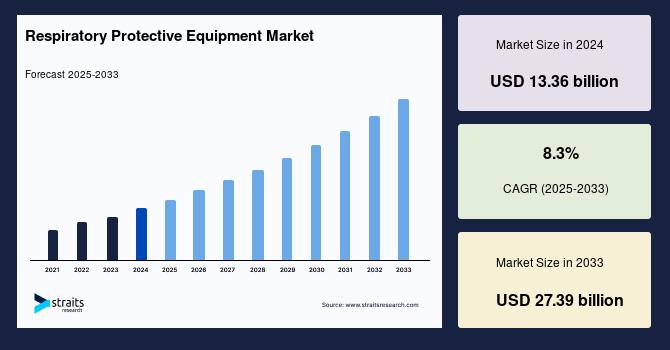As public spaces increasingly integrate mobile robots, the challenge of ensuring safe coexistence with humans becomes paramount. Unlike humans, robots lack the innate ability to negotiate and communicate effectively in dynamic environments, leading to potential conflicts over rights-of-way and raising ethical concerns. This situation necessitates a reevaluation of how we design and implement robotic systems in shared spaces, as the absence of human-like negotiation skills could result in accidents and hinder the acceptance of robots in everyday life. Addressing these issues is crucial for fostering a harmonious interaction between humans and robots, which is essential for the future of urban mobility and public safety.
To mitigate these challenges, researchers and developers must prioritize the creation of robots equipped with advanced communication protocols and ethical frameworks. By incorporating human-centric design principles, robots can be programmed to recognize social cues and respond appropriately, enhancing their ability to navigate complex environments. This approach not only promotes safety but also encourages public trust and acceptance of robotic technology in shared spaces, ultimately paving the way for a more integrated future where humans and robots coexist seamlessly.








